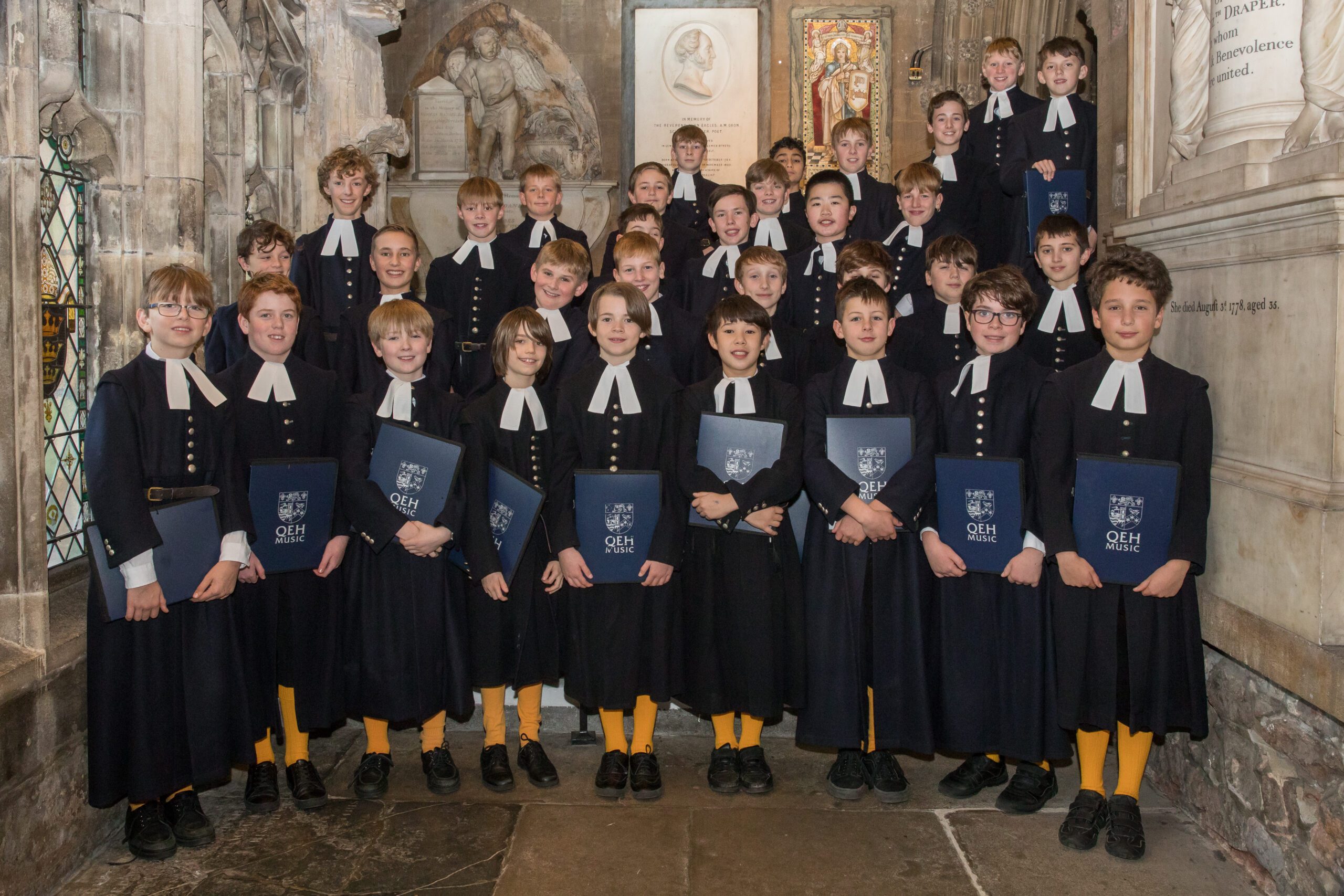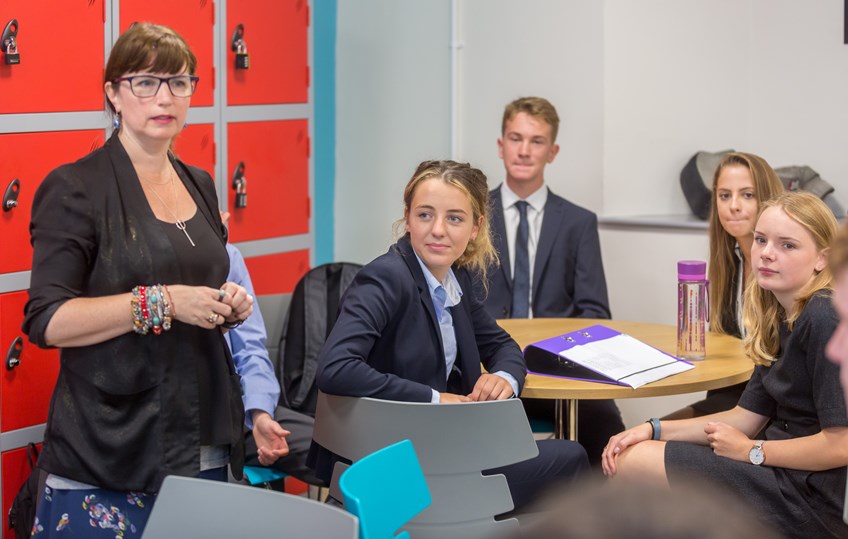Year 7 went on a team building trip to Osmington Bay PGL centre for a weekend of activities and friendships.
There are some things in life that are so important that the very idea of a compromise can be difficult to accept.. When we commit our children’s educational future to a school, we naturally want to feel that we have done the right thing to ensure their happiness and maximise their potential for growth.
Every child is different. This fact is no less pertinent when picking a school than it is when choosing a birthday present. While there are questions which can be universally applied, the answers will vary from person to person.
Luckily, you’ll be in the best place to provide these answers.
As with all of life’s biggest conundrums, there are so many aspects to consider when choosing a school that keeping a clear view of the most important questions can be tricky. We’ve drawn up a list below of our top 10 so you can be sure that your choice will be a balanced, well-informed one.
Why is your school the best one for my child?
The number one concern of any parent or guardian is the wellbeing of their children. A clearly defined and consistent pastoral care system ensures that pupils feel well supported and know who to talk to if they have any difficulties. A happy and secure child is more able to thrive and learn.
What is the School’s ethos?
A sentiment you will hear repeated time and time again when on the subject of raising children is the importance of consistency. You wouldn’t want a school’s principles to be in conflict with those of the home. Some schools have mottos which are meant to encapsulate their basic ethos, but it’s important to visit a school and see it in action to evaluate the atmosphere and see pupil to pupil and pupil to staff interaction.
What is the academic results trend?
When considering a school’s academic credentials, an obvious place to start would be its former pupil’s exam results. The achievements of any educational establishment are twinned with those of its students. Look at recent trends of results to get an idea if the school is improving or in decline. What did these former students do when they left? Which universities did they get accepted to?
How Diverse is the school community?
Diversity and inclusivity are potentially sensitive areas of discussion. Unfortunately, however, there is no other way to find out about a school’s population than to ask a direct question about it. If you feel strongly in either direction, be sure to get any potential school’s attitudes clear in your mind before making a choice
What is the Teacher/Student Ratio of the Population of the School?
One of the big issues facing the state education sector is the size of classes and the ratio of staff to students. Independent schools are able to keep tighter control of student numbers in relation to the size of the faculty. Smaller class sizes naturally lead to more room for one-to-one engagement. Sadly, a lower ratio of staff will obviously mean that those who are there will have less time to dedicate to individual interaction and may also be less inclined to go that extra mile in their efforts.
How is the Curriculum Structured and How are Lessons Planned?
Given that independent schools aren’t obliged to follow the national curriculum, a little variation in their methods of delivery is to be expected. Some schools favour a more traditional environment, where the educator decides the shape and pace of the classes; others prefer a more collaborative approach, with fewer lessons structured like a lecture and more emphasis placed on group activities. This difference in approach is often referred to as teacher-led vs. student-led learning.
Lessons at QEH are 35 minutes long (“doubles” for practical lessons like the sciences) and we find that these shorter lessons suit the attention span of our boys, especially in Years 7 and 8.
What are the Teachers Like?
No school is able to deliver quality education without quality teaching staff. Their qualifications are obviously important, but equal to this is how they are in the classroom. A teacher’s attitude to their job can have a profound effect on a child’s relationship with that particular subject and can even be significant in how a youngster might view education more generally, so being confident in their abilities is a must. How do they deal with disruptions?
Are they able to identify those who need extra help? Is there an adequate infrastructure in place to allow that kind of attention to the individual whilst maintaining standards for the group?
What about the co-curricular activities?
Academic success is the foundation of any education provider, but a good school will encourage the development of all areas of a child’s life. In the best of them, social skills, emotional intelligence, moral certitude and everything in between should all be nourished. Opportunities for music, drama, sport and outdoor pursuits help to develop resilience, leadership and teamwork skills. Trips, both at home and abroad, help develop more independence and widen a pupil’s experience and their view of the world.
What Support is Available for Those Wanting to apply for University or a degree apprenticeship?
Deciding what to do after school is a pivotal time in the lives of those who have the desire to go on to further study. The actual application process is just the tip of the iceberg and a student should be able to find support at every stage. Does the school have members of the faculty who specialise in this or is it part of the role of the usual teaching staff? What help is available to those who are required to write a personal statement or attend an interview? Is career advice available to pupils at every stage throughout their secondary school?
Are there Opportunities for Parents or Guardians to get Involved?
It’s often a good sign if a school has a strong network of parent-led groups and organisations. Even if you have no direct interest in participating, the presence of these bodies tends to point towards an environment of transparency and openness. If the opportunity arises, talk to parents and guardians of current and former students and ask them about their experiences.
“Curiosity is the Wick in the Candle of Learning.” – William Arthur Ward
While schools differ slightly in their approach to providing an education, the real variable is in those who attend. Asking the right question and receiving a satisfactory answer will remove any ambiguities and anxieties you may have. So, don’t be shy: ask away.





















